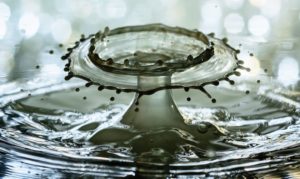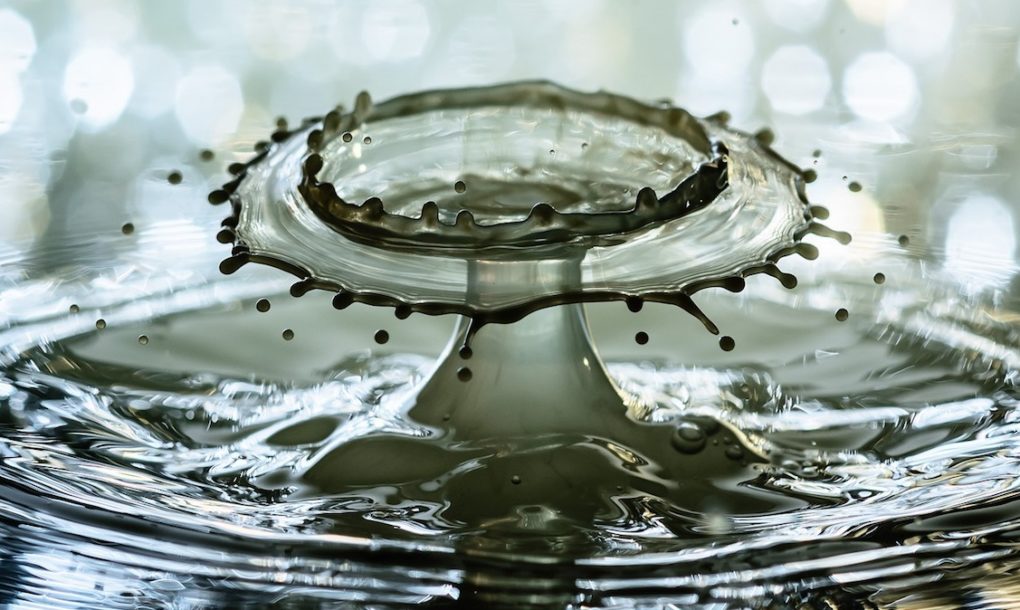The Danish city of Aarhus is on the cusp of becoming the first city in the world to use energy created from household wastewater and sewage to power i

The water treatment facility’s approach to turning sewage into usable electricity centers around biogas. Wastewater and sewage are processed in digesters filled with bacteria, which breaks down the organic materials. Kept at a steady 100.4°F (38°C), the waste produces biogas (mostly methane, although some other gases are also present) that is burned to generate both electricity and heat. While this process is used at many wastewater treatment plants as a means to burn off harmful greenhouse gas emissions, none have attempted to harness that electricity for reuse on such a scale until now.
The sewer-power upgrades at Denmark’s Marselisborg Wastewater Treatment Plant cost around $3.19 million to install. Aarhus Water officials believe the new system will pay for itself in just five years’ time thanks to reduced maintenance costs and the added benefit of selling excess electricity back to the power grid. Meanwhile, other cities in Denmark (like Copenhagen) and elsewhere in the world are looking for ways to duplicate the Aarhus system so they too can reap the benefits of recycled wastewater energy.
inhabitat.com

